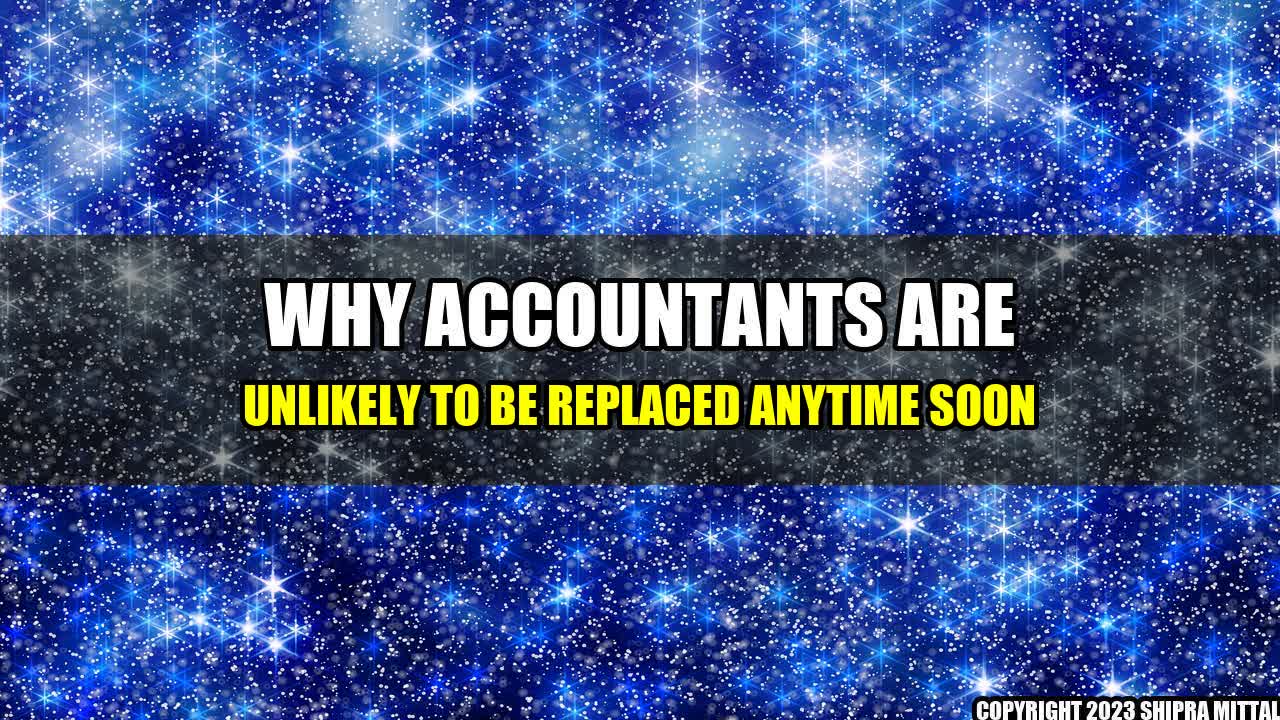Imagine a world where accountants are replaced by machines. You walk into the accounting office and instead of being greeted by a friendly face, you're met with a cold, robotic voice.
While this scenario may seem far-fetched, there has been a lot of talk recently about how automation could replace the jobs of accountants. But is this really the case?
Let's start with some real-life examples. The first is the accounting software company, Xero. While many people believe that Xero is a threat to the accounting industry, the reality is that it has actually created new job opportunities for accountants. Xero's software has made it easier and more efficient for accountants to do their job, which has led to an increase in demand for their services.
Another example is the rise of artificial intelligence (AI). Many people believe that AI will replace accountants, but the reality is that AI can only do what it's programmed to do. While AI can eliminate some of the more mundane tasks that accountants have to do, such as data entry and reconciliations, it can't replace the skills and knowledge that accountants possess.
Finally, let's take a look at some of the major accounting firms. Companies like Deloitte, PwC, and KPMG have all invested heavily in technology, but they still rely heavily on human expertise. In fact, Deloitte has stated that it sees technology as a way to enhance the capabilities of its workforce, rather than replace them.
In conclusion, while automation may make certain tasks easier for accountants, it is unlikely to replace them anytime soon. The role of an accountant requires much more than just data entry and reconciliations; it requires a deep understanding of complex financial matters, as well as the ability to communicate these matters to clients in a way that they can understand. It is these skills that make accountants such an integral part of the business world.

Akash Mittal Tech Article
Share on Twitter Share on LinkedIn